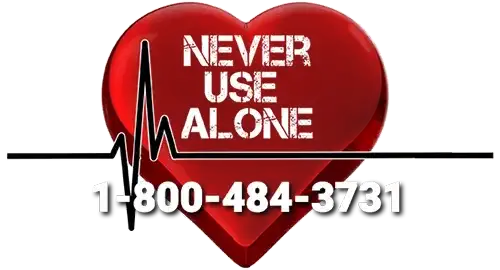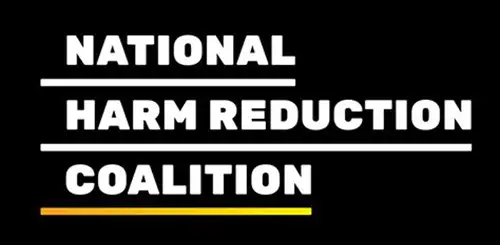Harm Reduction
Lowering the risk of overdose through non-judgmental practices
Harm Reduction
Harm reduction is a set of practical strategies and ideas aimed at reducing negative consequences associated with drug use. Harm Reduction is also a movement for social justice built on a belief in, and respect for, the rights of people who use drugs.
What are harm reduction strategies?
Harm reduction emphasizes engaging directly with people who use drugs to prevent overdose and infectious disease transmission; improve physical, mental, and social well-being; and offer low-barrier options for accessing health care services, including substance use and mental health disorder treatment.
Strategies include:
- Community Education
- Carrying naloxone nasal spray
- Reduce infectious disease transmission by equipping people who use drugs with sterile supplies such as glassware and providing clean needle exchanges
- Reducing overdose deaths
- Promoting linkages to care and facilitating the co-location of services
- Reducing the stigma associated with substance use
Fentanyl Test Strips
Fentanyl test strips (FTS) are a low-cost method of helping prevent drug overdoses and reduce harm. FTS are small strips of paper that can detect the presence of fentanyl in all different kinds of drugs (cocaine, methamphetamine, heroin, etc.) and drug forms (pills, powder, and injectables).




